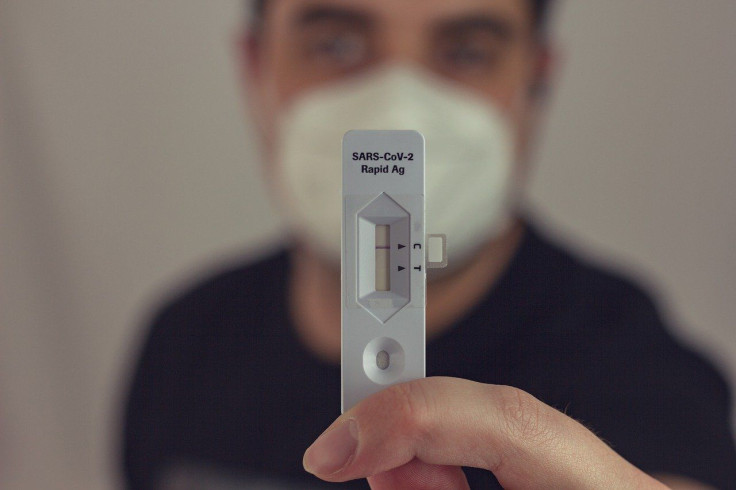'Illegally Imported' COVID-19 Home Test Kits Recalled
KEY POINTS
- SD Biosensor is recalling STANDARD Q COVID-19 Ag Home Test
- It has not yet been "authorized, cleared or approved" by the U.S. FDA
- The company is investigating how its product was illegally imported into the U.S.
A company is voluntarily recalling its COVID-19 home test kits after confirming reports that they were actually "illegally imported" into the U.S. The recall is being done "out of an abundance of caution."
SD Biosensor's STANDARD Q COVID-19 Ag Home Test has not yet been authorized, cleared or approved to be used or distributed in the U.S. by the Food and Drug Administration (FDA), the company announcement posted on the agency's website noted.
As such, even though it is said to be "unlikely" for U.S. consumers to have encountered the product, those who have received one are being advised to throw it away. Meanwhile, those who may have used it are also "strongly encouraged" to consider being retested using an FDA-authorized test. Consumers may find a photo of the product's packaging on the FDA website.
So far, the company is investigating how its products ended up being illegally imported into the U.S.
"SD Biosensor, Inc. considers illegal importation to be a grave matter," the company noted, adding that it is "strengthening contract terms and their enforcement with its distributors" to prevent other such cases of illegal importation.
"(T)he company announced publicly that if such illegal importations are discovered in the future, the responsible individuals/distributors will face strict legal action and liabilities for damages," the company announcement noted.
The FDA has shared a list of COVID-19 antigen diagnostic tests that have received emergency use authorizations. Among the types of COVID-19 tests, at-home tests are the ones wherein both sample collection and testing are done at home. This is different from home collection tests where the sample collection is done at home but the results are analyzed in the laboratory.
The FDA clarified that "no test is perfect," noting that the chances of getting a false positive or false negative are "always" there. Only recently, for instance, the FDA also expressed concerns about the risks of such false results after brands of COVID-19 rapid antigen tests were found to be distributed in the U.S., claiming to have been approved by the FDA when they have not been.
"Because of this, even if you receive a negative result, you should keep practicing preventive measures, such as distancing, washing hands, and wearing masks, to reduce the risk of spreading COVID-19," the FDA explained. "If you are sick, you should stay home and isolate from others, even if you receive a negative test result."
Anyone with concerns about a SARS-CoV-2 test is encouraged to report it through the MedWatch Online Voluntary Reporting Form.

© Copyright IBTimes 2025. All rights reserved.






















